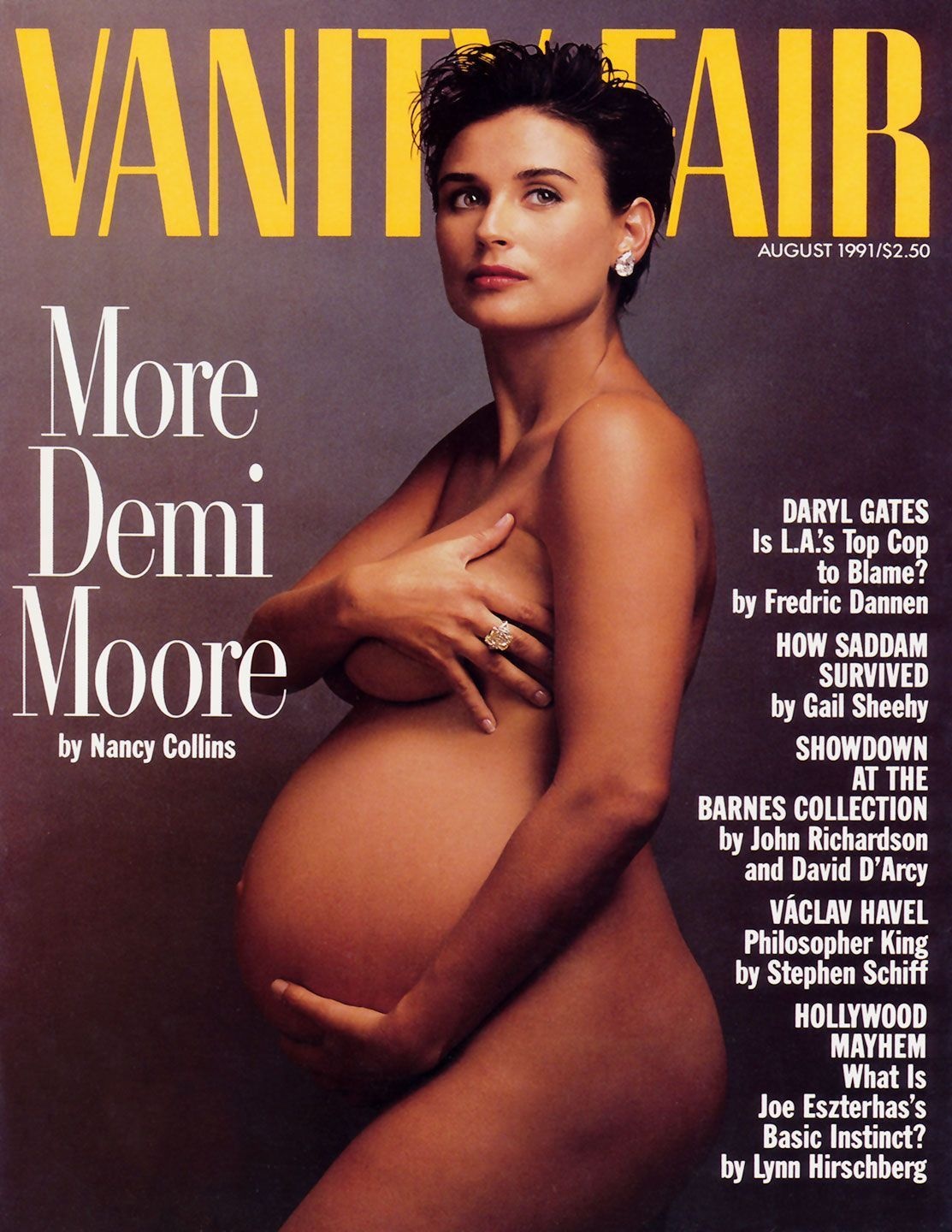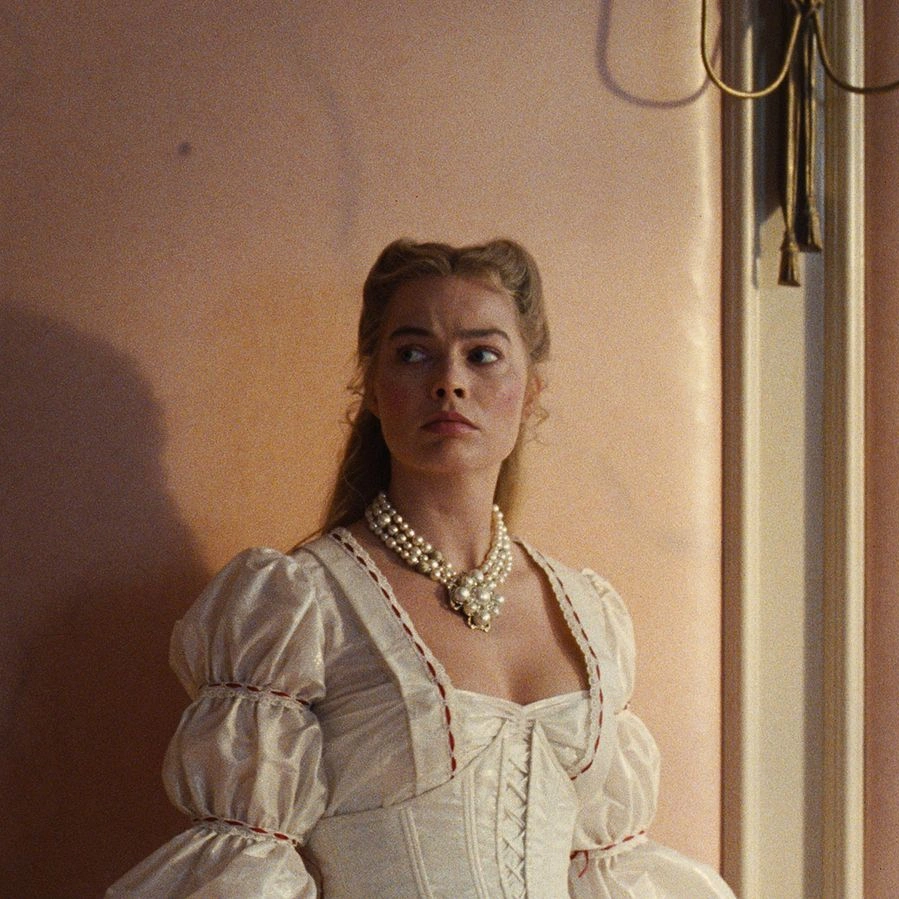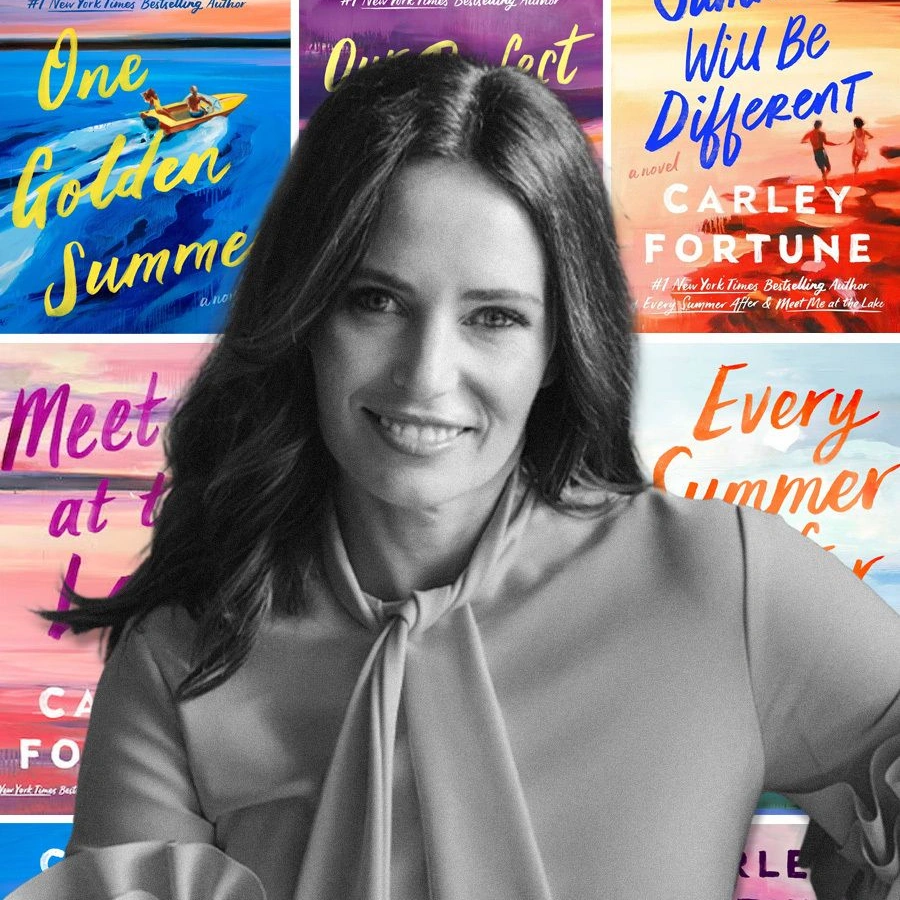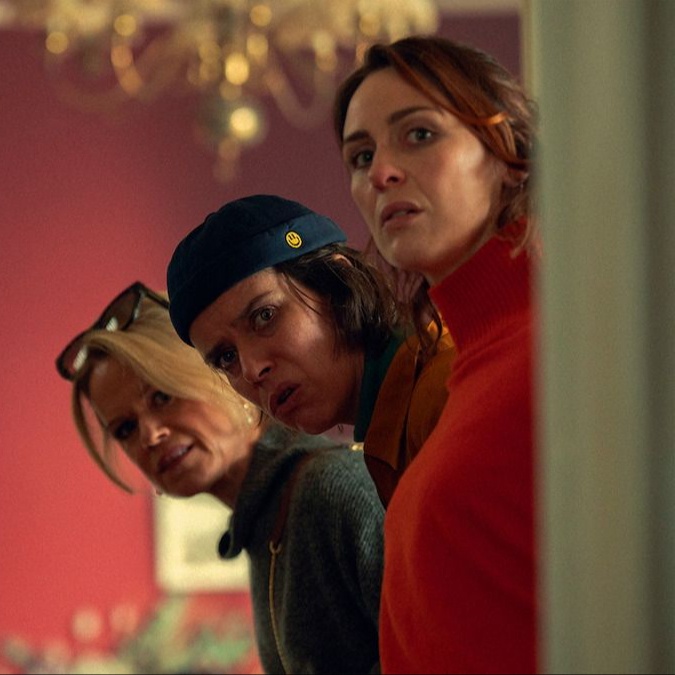Tina Brown is every bit an anomaly. A Brit whom even New Yorkers love; she is the former editor of Tatler, Vanity Fair and The New Yorker, who now confesses hasn’t picked up a magazine in a long, long time. Her innie may be one of the most coveted bylines in print, but her outie dresses the part of a news anchor with a blowout short coif, bulbous pearl earrings and tailored suit that never look out of place, even in the burning Indian summer.
Brown is also the sort of journalist who can get away with calling Prince Philip “so damn hot” and the Middleton family “somewhat like the Kardashians”, as she did in her last outing in India, attending the latest edition of the Jaipur Literature Festival to promote her 2022 book, The Palace Papers.
These days, she reserves her acerbic wit and wise commentary for a new medium, her Substack (or, as she puts it, “the third trimester of my life”) called Fresh Hell, which comes out every Tuesday. Just this month, the long-time royal chronicler called the Netflix show With Love, Meghan “a buzzkill” and politely lambasted its protagonist for “her unerring instinct for getting it wrong” and for being “always brilliantly behind the curve”.
Between two panel discussions and a last-minute book launch (for Rohit Chawla’s Raindogs), Brown hunkered in a makeshift media room at Jaipur’s Hotel Clarks Amer, the venue for the lit fest, to discuss magazines, media and what makes a good editor. Excerpts from the conversation below.
What time of the day do you wake up?
Early. I’m a very early riser, so I’m usually up by 5.45 in the morning.
And what’s the first thing you do when you wake up?
I’m afraid I reach for my phone. I scroll through every news channel, every Twitter feed. There I get my quick first burst of hard-edged news, and then I read everything.
What’s the first thing you read today?
Oh gosh. Today I read...I mean just a series of Donald Trump commandments from the United States, so it was really about ‘let’s just check up on what the emperor has said this morning’, you know.
Where do you go on the internet when you’re looking for news?
I have a very, very eclectic list. You know, I do obviously read The New York Times. I actually read The Wall Street Journal first, which has become very, very good under Emma Tucker, and then I go to some of the British quality papers, like The Times, as well as The Telegraph, which has a different kind of point of view very often. Then there’s Politico, Axios, and Daily Mail. I think the Daily Mail has taken a downward dive, so I just read the first four or five stories. Then I go to different writers and look at contributions on Substack from people like Andrew Sullivan and Anand Giridharadas.
The news cycle is unceasing, especially for someone who tracks it for a living. Do you have any rituals or practices to revive your creativity?
When I interviewed Philip Roth in 2015, a few years before he died, I asked him, ‘Why aren’t you working on any novel?’ And he said, screens won. And that’s sad. But I think poetry is a big reviver. In the 19th century, poets were sort of rock stars, and I wonder whether poetry can have a really big comeback because you can get so much brain sustenance from reading it. I don’t like writing poetry but I love to read it—Philip Larkin and even young, modern poets like Deborah Garrison.
As a journalist, would you take notes during an interview or leave it to the voice recorder?
Well, I used to be a huge note-taker, but the last time I did that I realised that I had totally lost the art of taking notes. I simply can’t read my own handwriting. So now I’m a recorder kind of person, but the best thing for me is to be on the phone with somebody, taking notes on my computer. That works… Then I’m really listening well. The curse of Zoom is that you can’t just do that anymore. Now you have to be looking at someone and smiling; I hate that.







